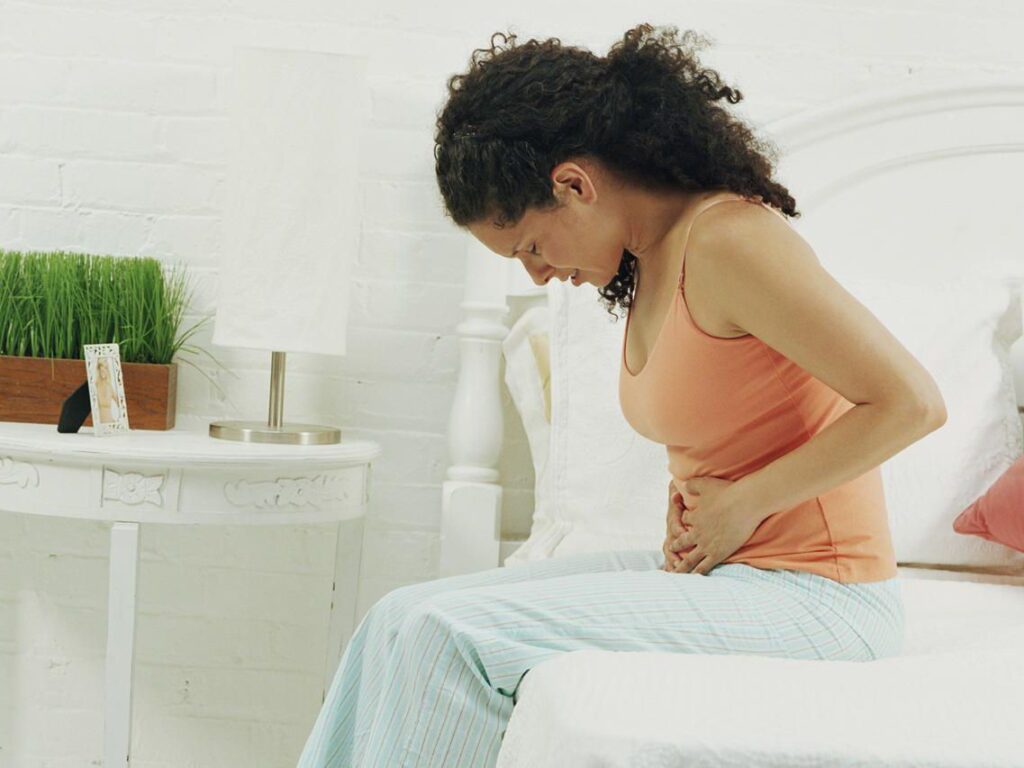Statistics show that approximately 48 million Americans contract food-related illnesses every year; out of those, over 3000 dies. Whether you’re preparing the food at home or you’re eating out, you can put in place measures to ensure the food you eat is nutritious and perfectly handled to avoid contamination.
But what is food poisoning?
Food poisoning is an illness caused by eating contaminated food. It’s not a very serious condition, and if well managed, you could get better in a few days. However, sometimes it can be severe, especially when the bacteria involved is a notorious one.
The most common signs of food poisoning are nausea, vomiting, diarrhea, and abdominal cramps. If the condition gets serious, you could see other symptoms like dehydration, headaches, and weakness, among many others.
How do you prevent food poisoning?
Cleaning: Wash your hands and surfaces and sanitize often. There are many places germs can survive, and therefore, you’ve to clean them and apply a sanitizer. Washing with cleaning water keeps off bacteria while sanitizing prevents the viral attack.
Separating: Don’t cross-contaminate. You may have washed your hands and surfaces thoroughly, but some foods and vegetables may lead to contamination. Some foods are prone to these disease-causing bacteria like seafood, eggs, raw meat, and poultry. Thus you have to keep them safely and separately.
Cook: do you know that temperature is the surest way to kill germs? Do not just cook for a change of color or texture. Make sure you use the highest temperature allowed for cooking food without burning it.
Chill: When keeping your foods in the refrigerator, ensure they are below 40° F or 4.44° C and refrigerate properly. Bacteria multiply quickest between 40°F and 140°F and only need 2 hours to poison your food, and during the summer, they need only 1 hour.
Wash fruits and vegetables
When you harvest food from your garden or buy from the grocers, you first need to wash it with clean water. First, remove the bruised or damaged parts and rinse under some running water. That’s a perfect way of keeping off bacteria like E.coli, usually on the surface of fruits and vegetables. Don’t try soap, bleach, or any commercial washes.
For fruits like cucumber and melons, you can scrub using a product brush. Use a clean cloth towel or a paper towel to wipe the washed fruits and veggies.
Food safety on the road
When going for a trip, use insulated bags, coolers, and ice packs to keep food fresh and avoid harmful germs. If you’re going on a trip in hot weather, store the food in some air-conditioned passenger compartment and not in the hot trunk. If you can’t get some water to carry, make sure you have a wet wipe and a sanitizer that you can use before eating.
Most cases of food poisoning are not severe as they heal quickly and do not have many complications. But sometimes, a person may have severe issues depending on the food poisoning agent and their treatment response. To be safe, take your food samples to a reputable laboratory like Weber Scientific for testing to ensure that you eat clean food that is free from bacteria.

